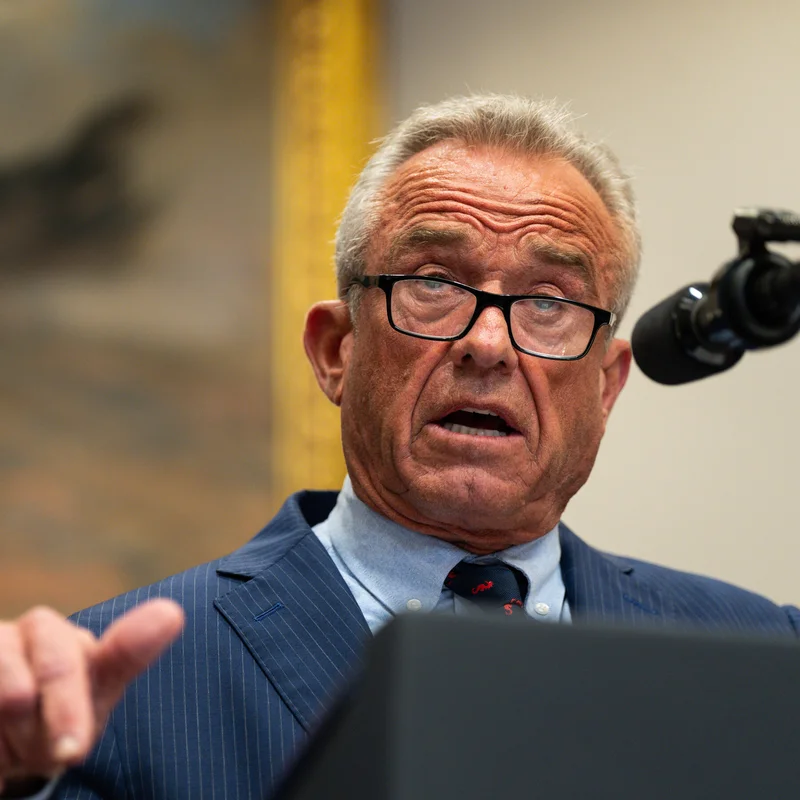In a sharp departure from global health consensus, U.S. Health Secretary Robert F. Kennedy Jr. announced on September 25, 2025, that the United States would reject a United Nations declaration on chronic diseases, citing objections to what he described as policies promoting “abortion” and “radical gender ideology” .
The declaration—aimed at combating noncommunicable diseases (NCDs) like cancer, diabetes, and heart disease—was set for adoption by the U.N.’s 193 member states in October. Despite broad international support, the U.S. stance reflects a deepening ideological rift between Washington and multilateral health institutions.
What’s in the UN Chronic Disease Declaration?
The U.N. declaration focuses on reducing premature deaths from NCDs by 2030 through prevention, early detection, and equitable access to care. It emphasizes:
- Reducing tobacco and alcohol use
- Improving nutrition and physical activity
- Expanding access to essential medicines
- Addressing health disparities, particularly for women and vulnerable populations
Notably, the text does not mention abortion or “gender ideology,” though the word “gender” appears in reference to women’s specific health challenges .
⚠️ Key Fact: The U.S. is the only major Western nation to oppose the declaration, which aligns with global public health priorities endorsed by the WHO and CDC.
Kennedy’s Stated Objections
Speaking at a U.N. meeting on NCDs, Kennedy claimed the declaration ignored “the most pressing health issues” and embedded ideological positions inconsistent with the Trump administration’s values. He did not specify which provisions he found objectionable .
This move follows President Trump’s earlier 2025 directive to withdraw the U.S. from the World Health Organization (WHO), citing pandemic mismanagement and resistance to “urgent reforms” .
U.S. vs. Global Health Priorities: A Comparison
| Issue | U.N. / WHO Approach | U.S. (Trump Administration) Stance |
|---|---|---|
| Chronic Disease Prevention | Global targets for NCD reduction by 2030 | Supports domestic programs like “Make America Healthy Again” |
| Reproductive Health | Focus on maternal care; no mention of abortion in NCD declaration | Opposes any perceived linkage to abortion rights |
| Multilateral Engagement | Collaborative, science-based policy frameworks | Withdrawn from WHO; skeptical of U.N. governance |
| Gender Equity in Health | Addresses women’s higher NCD risk due to biology and access barriers | Views “gender” language as ideological overreach |
Public Health Community Reacts
Global health experts expressed confusion and concern over the U.S. position. “The declaration is grounded in epidemiology, not ideology,” said Dr. Maria Neira, WHO Director of Public Health. “Chronic diseases kill 41 million people yearly—this is about saving lives.”
Domestically, critics note the irony: Kennedy’s own “Make America Healthy Again” initiative targets many of the same issues—childhood obesity, ultra-processed foods, and diabetes prevention—that the U.N. declaration promotes .
What Happens Next?
Despite U.S. opposition, the declaration is expected to pass with overwhelming support from other member states. However, the American stance may:
- Undermine U.S. influence in future global health negotiations
- Complicate international research and funding collaborations
- Signal a broader retreat from science-based multilateralism
For deeper analysis on how U.S. foreign health policy affects domestic outcomes, see [INTERNAL_LINK:us-global-health-policy-impact].




